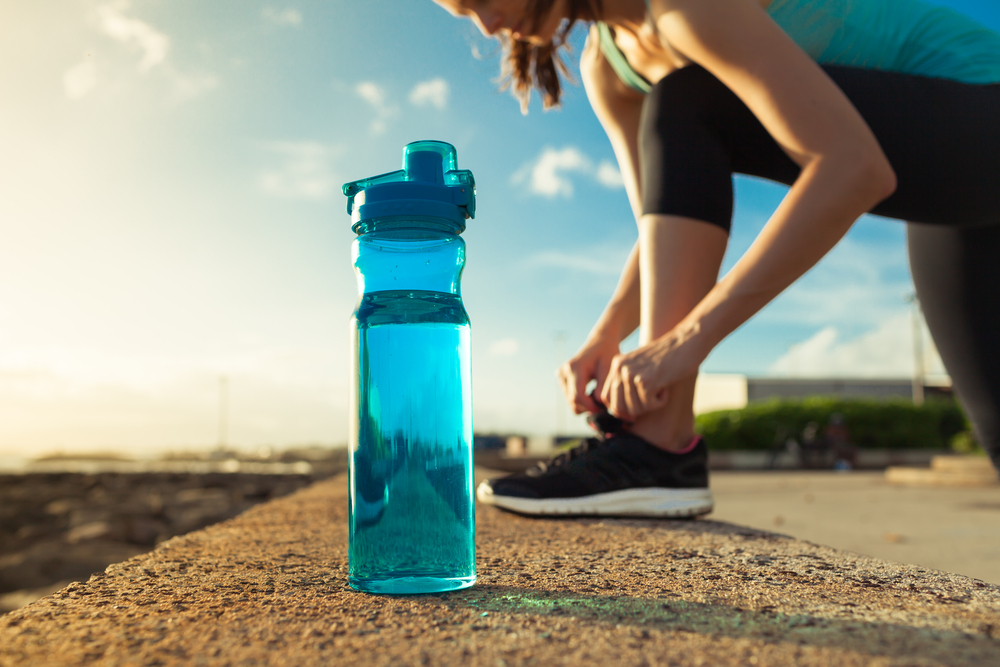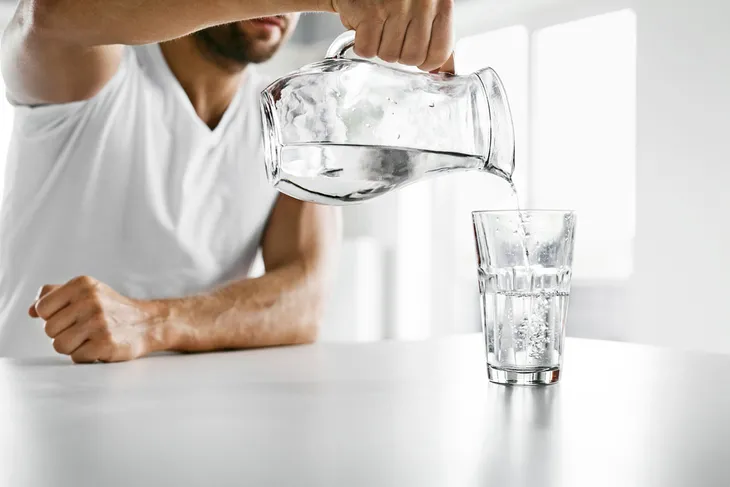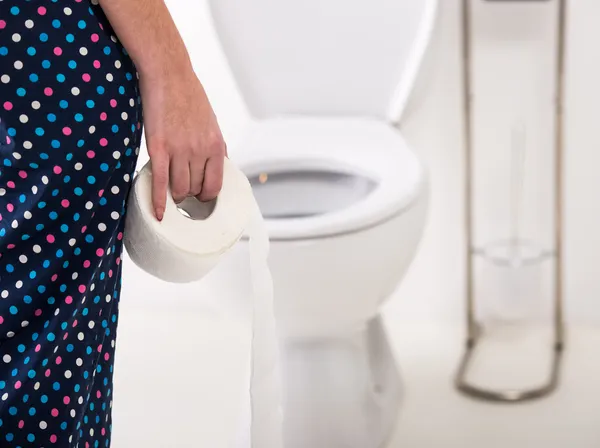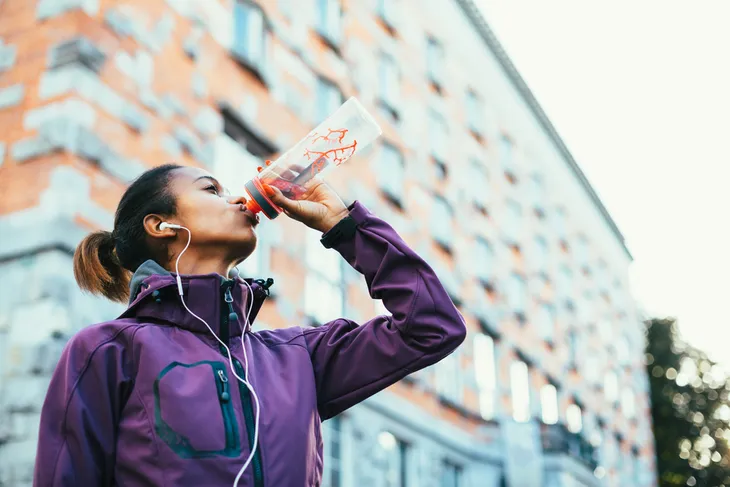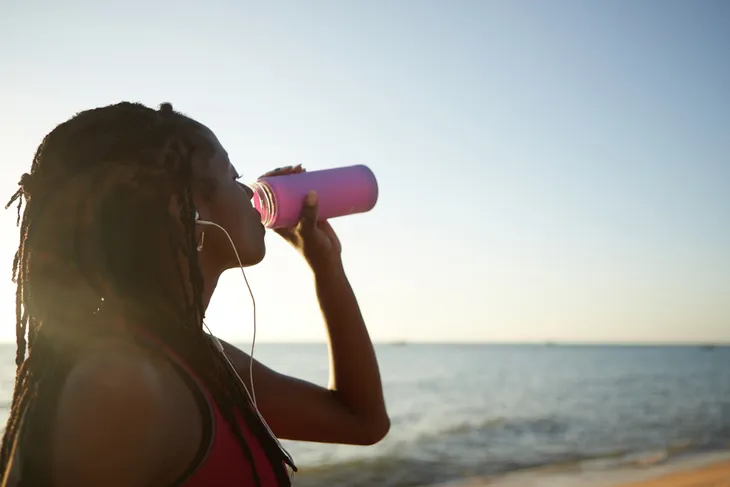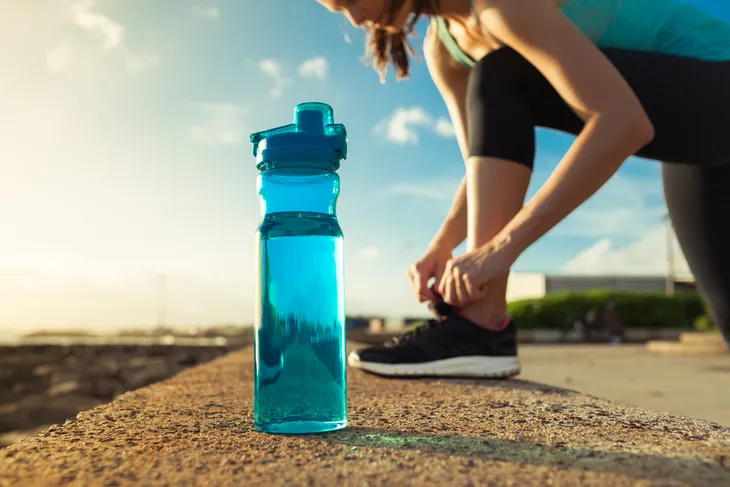As a runner, you can understand why it is important to stay properly hydrated before you put on those running shoes, during, and after your run. Not only can dehydration cause muscle cramps, fatigue, and nausea—since our bodies are made up of almost 70-percent water, dehydration for lengthy periods of time can be extremely dangerous.
Here are 10 hydration tips to ensure a healthy fluid intake when you run…
Drink Before and After a Run
Eight to 16-ounces of water before a run will prevent muscle cramps and fatigue—so will replenish spent water supplies after a run.
No Water 2 Hours Prior
It’s important to stay hydrated, but timing is also important. Cease taking in any water about an hour before your run—otherwise you may feel too full to perform optimally.
Consider Time of Day
When do you run? For instance, if you run in the afternoon when the sun is highest, your fluid intake should be greater because the higher temperature means you’ll sweat more.
Sip Sports Drinks
If you run marathon distances, you’ll need more than just water to restock the energy you expend. In this case, opt for a sports drink with carbohydrates and electrolytes to replace the vital nutrients you sweat out and to prevent hyponatremia (or electrolyte disturbance).
Choose Running Attire Wisely
It really does matter what you wear when you run. For example, loose, light colored clothing will reflect sunlight and let your body breathe.
Take Note of Urine
Taking heed of the hue of your urine can tell you whether or not you are adequately hydrated or not—especially when dark yellow urine indicates dehydration.
Time Water Breaks
The recommended water intake is approximately 1 cup of water for every 2 miles run. If needed, set a stopwatch to go off during your run to remind you to drink.
Jog and Drink
A slow jog or brisk walk as you drink water is important for fluid absorption.
Know Your Sweat Rate
Everyone sweats differently, and knowing your sweat-rate is important. To find out, weigh yourself naked before and after your hour-long run. Then convert the amount of weight lost to ounces (i.e., a 2 pound loss technically indicates you sweat out 32 ounces of fluid) and you can hydrate accordingly.
Let Route Determine Hydration
Consider your route—do you run uphill, in high altitudes, along steep terrain? If so, you may require more fluid intake because you’ll sweat more.
Looking for other fitness and running-related articles? Check these out:
